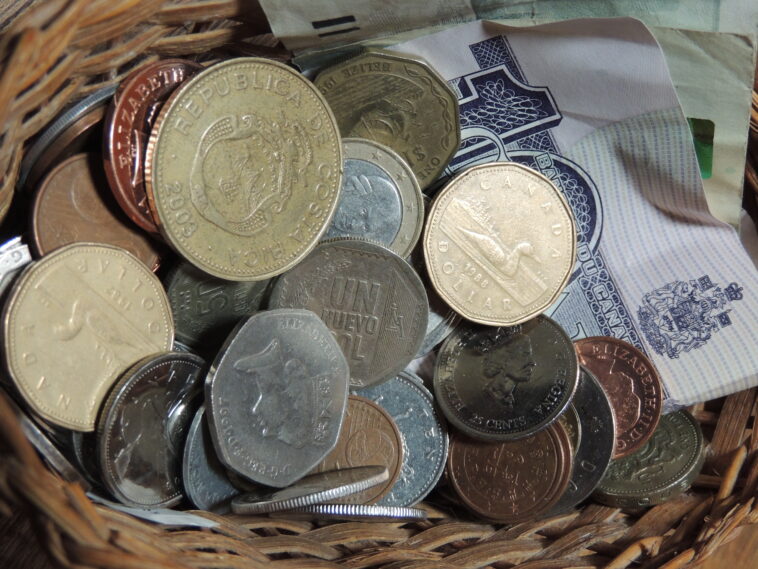Introduction:
Different countries around the world have different currencies. The money of India is the “Rupee,” the currency of the United States of America (USA) is the “US Dollar,” and the currency of the United Kingdom is the “Pound.”
You can trade in several foreign currencies as an investor and profit from fluctuations in their exchange rates. Forex trading is a term for this form of trade.
But do you know how different countries set their currency exchange rates in relation to different foreign currencies? This activity benefits from the use of a currency basket.
This article attempts to clarify what a currency basket is, how it functions, examples of currency baskets, and how you can benefit as an investor. Continue reading.
What is a Currency Basket?
A currency basket is a portfolio (or basket) of various currencies with different weights as measured against a base currency. Each currency’s weightage value helps determine its exchange rate concerning the base currency. A currency basket is also known as the “currency cocktail” among forex traders.
As an investor, you can use the currency basket to calculate the market value of different currencies and take trading positions accordingly. This practice is commonly known as the “currency peg”.
Some common examples of currency baskets include:
- The Asian Currency Unit, which is a proposed basket of prominent Asian countries
- The European Currency Unit, which is a proposed basket of European countries
- The US Dollar Index, which is a proposed basket of six prominent currencies in the world
The importance of a currency basket
Currency baskets are extremely important to both investors and a country’s monetary authority. A currency basket assists the monetary authority in determining suitable currency exchange rates. For investors, it reduces the risks associated with currency exchange-rate swings. Continue reading to discover how:
Samsung 108 cm (43 inches) Crystal iSmart 4K Ultra HD Smart LED TV
Sony Bravia 108 cm (43 inches) 4K Ultra HD Smart LED Google TV
-
Determining currency exchange rates
The Reserve Bank of India (RBI) in India and the Federal Reserve (or the Fed) in the United States utilize the currency basket as a reference to set the exchange rate for their respective currencies against other significant currencies throughout the world. Instead of pegging to a single currency, they can control exchange rate volatility by using a currency basket with numerous foreign currencies.
When comparing the US Dollar and Canadian Dollar exchange rates, for example, you will notice that the USD’s value increased against the CAD over a given time period. It signifies that the USD is the stronger of the two currencies, and its value has grown versus the CAD.
When you compare the USD to other currencies throughout the world, you will observe that its value has fallen. However, because the CAD has declined even further, the USD appears to be a stronger currency in a two-way comparison. However, if you look at the currency basket, you can see that both currencies have become weaker since their values have fallen in relation to the other currencies in the basket.
-
Reducing exchange-rate fluctuation risks
Forex traders face the risks connected with currency exchange rate swings. Such risks are borne by equities traders who invest in overseas securities. This means that even if their investments in foreign equities were profitable, unfavorable currency exchange rates may wipe out their earnings.
A currency basket can be used to reduce the impact of currency exchange rate fluctuations. You can diversify your risks by investing in several currencies. As a result, even if one of the currencies in your portfolio performs poorly, the others will still generate the desired profit.
How to create a currency basket?
As an investor or trader, you can construct a currency basket with varying weightings. There are two steps to creating a currency basket:
Choosing multiple currencies based on your trading goals. For example, if you want to reduce the risk of currency fluctuations, you can use stable and liquid currencies.
Choosing the weight of each currency. If you want to minimize risk, offer stable currencies a high weightage, and vice versa.
Also read :-How Traders Leverage International Arbitrage
To conclude
Currency baskets, as you may be aware, serve two functions: assessing the value of a currency and minimizing the risks associated with exchange-rate fluctuations. You can tailor your currency basket to your investment plan, risk tolerance, and financial objectives.
If you require a Demat account for Forex trading, you may open one with Paytm in a matter of minutes.







